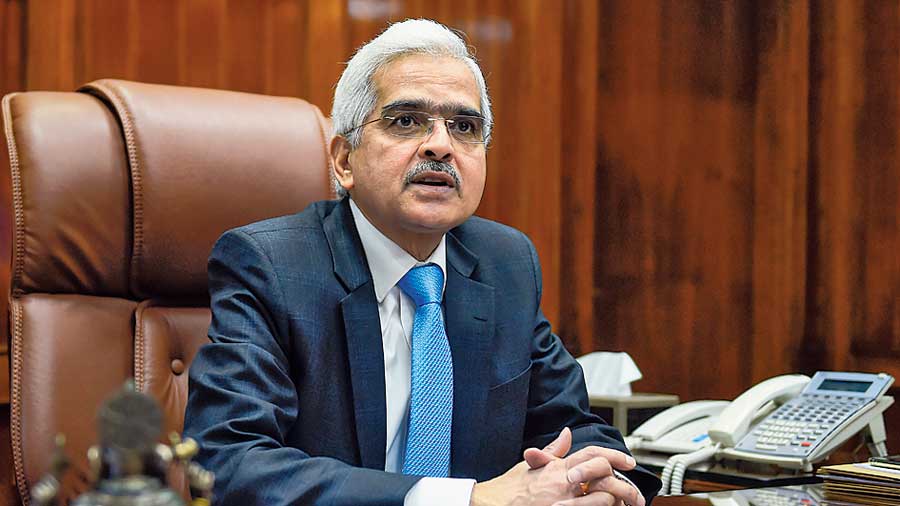Reserve Bank of India (RBI) governor Shaktikanta Das on Thursday continued to warn investors about the perils of trading in crypto currencies, saying that these virtual units may pose a risk to financial stability and that they do not have any underlying asset, not even a “tulip”.
This is not for the first time that Das is cautioning investors about the risks of these digital currencies.
The central bank had earlier tried to stop banks from facilitating crypto currency transactions, but its circular was set aside by the Supreme Court.
On Thursday, Das averred that private cryptocurrencies are a threat to macroeconomic and financial stability. His comments come after the Union budget proposed a 30 per cent tax on gains made on such assets from the financial year beginning April 1, 2022. Many interpreted this as a step by the government to legalise this form of currency.
“Private cryptocurrencies or whatever name you call it are a threat to our macroeconomic stability and financial stability. They will undermine the RBI’s ability to deal with issues of financial stability and macroeconomic stability,” Das told reporters at the post policy press conference.
The RBI governor added that it is his “duty” to caution investors, even as he told them to keep in mind that they are investing at their own risk.
Using a historical context to drive home his point on the actual value of these instruments, Das said, “they also need to keep in mind that the crypto currency has no underlying (asset), not even a tulip”. It may be recalled that the “tulip mania” of the 17th century is often cited as an example of a financial bubble, where the price of something goes up, not due to its intrinsic value but because of prices being pushed up by speculator. While announcing her Budget proposals finance minister Nirmala Sitharaman had also disclosed that the central bank digital currency (CBDC) will be launched in 202223. Though Das declined from announcing any specific timeline for its introduction, he said that the RBI cannot bring it in haste since there are plenty of risks including that of cyber-security and counterfeiting. T Rabi Sankar, deputy governor, RBI here disclosed that the central bank has been working on CBDC for nearly two years now and that its design features will be tested in the next fiscal, before being introduced.











